The European Commission has washed its hands; it’s unwilling to admit the EU’s severe lag in vaccine procurement compared to other parts of the world. “The bottleneck is global production capacity, not the number of vaccines ordered” contended Stella Kiriakidis, Commissioner for Health and Food Safety. However, she didn’t offer an answer as to why large amounts of already-produced vaccines are being sent elsewhere. They aren’t giving any glimpses into the deals either, the contracts have tied their hands. “Member States must not engage legally with manufacturers in bilateral negotiations, as I have reminded them” warned Margaritis Skinas, Greek vice-president of the institution. Meanwhile however, Germany has apparently bought thirty million vaccines from Pfizer-BioNTech through a separate agreement.
Though the negotiations took place during the German presidency of the EU, it’s Germany that has criticized the EU procurement most vehemently. For instance, Bavarian Prime Minister Markus Söder– who has a good chance of becoming Chancellor– voiced his concerns in the Bild am Sonntag. The politician said that the European Commission had failed its mission, unable to acquire enough vaccines. According him, this was entirely the EU’s fault: the procurement process was inadequate, the committee was too bureaucratic, too few vaccines were ordered from reliable manufacturers, and price negotiations took too long.
“It’s hard to explain why a perfectly good vaccine developed in Germany is being used first in other countries”
–he said, pointing out the irony of the BioNTech German company’s vaccine.

The separate German negotiations– which have thus far gone on without consequences– have drawn fire from Poland too. Michał Dworczyk, head of the Chancellery of the Prime Minister,
accused the Germans of thumbing their nose at EU values by engaging in separate negotiations.
He sees this as a complete lack of solidarity, especially given the fact that the Germans headed the procurement. He politely stated: the European Commission’s agreement is “far from perfect” and warned that the process is spurring growing misunderstandings between Member States, including Poland. Warsaw is sticking to EU directives for now, but this may change– especially if they see that others aren’t following them, if not even violating them.
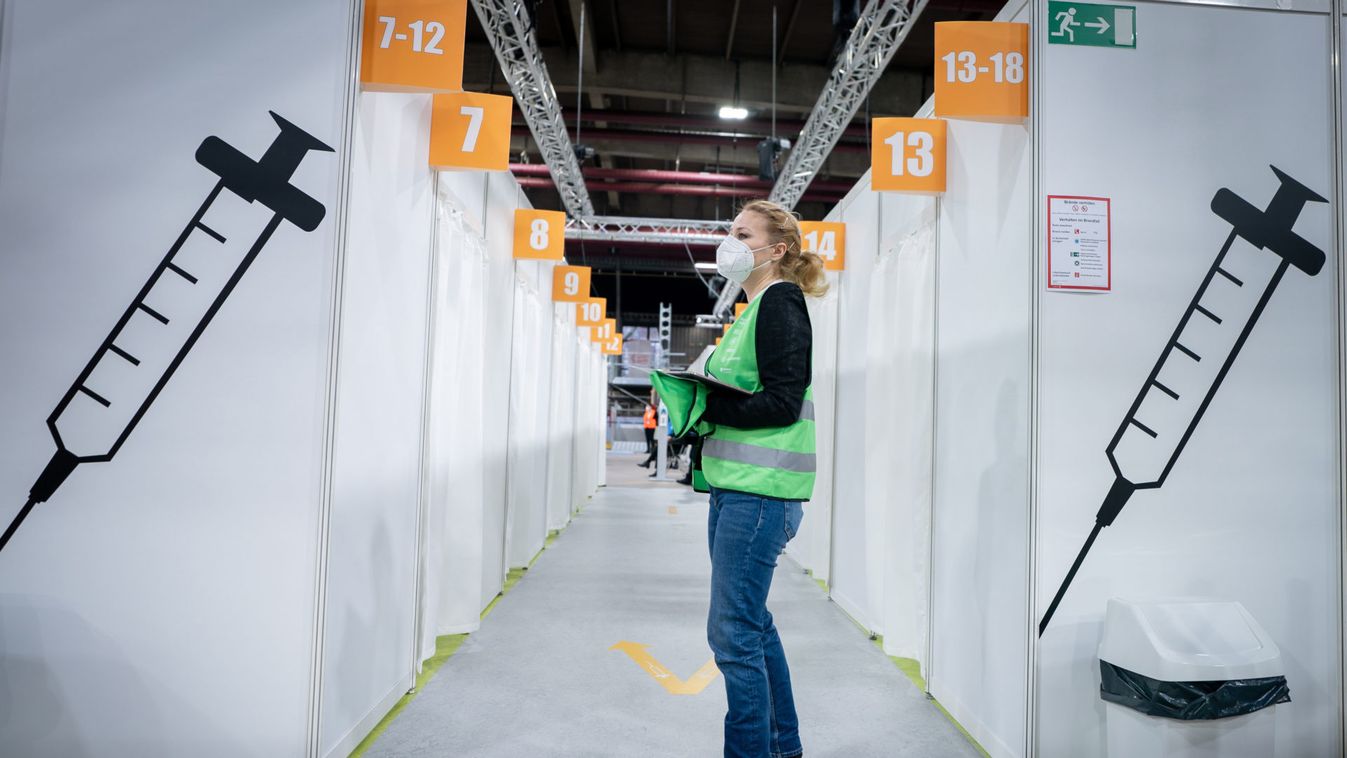
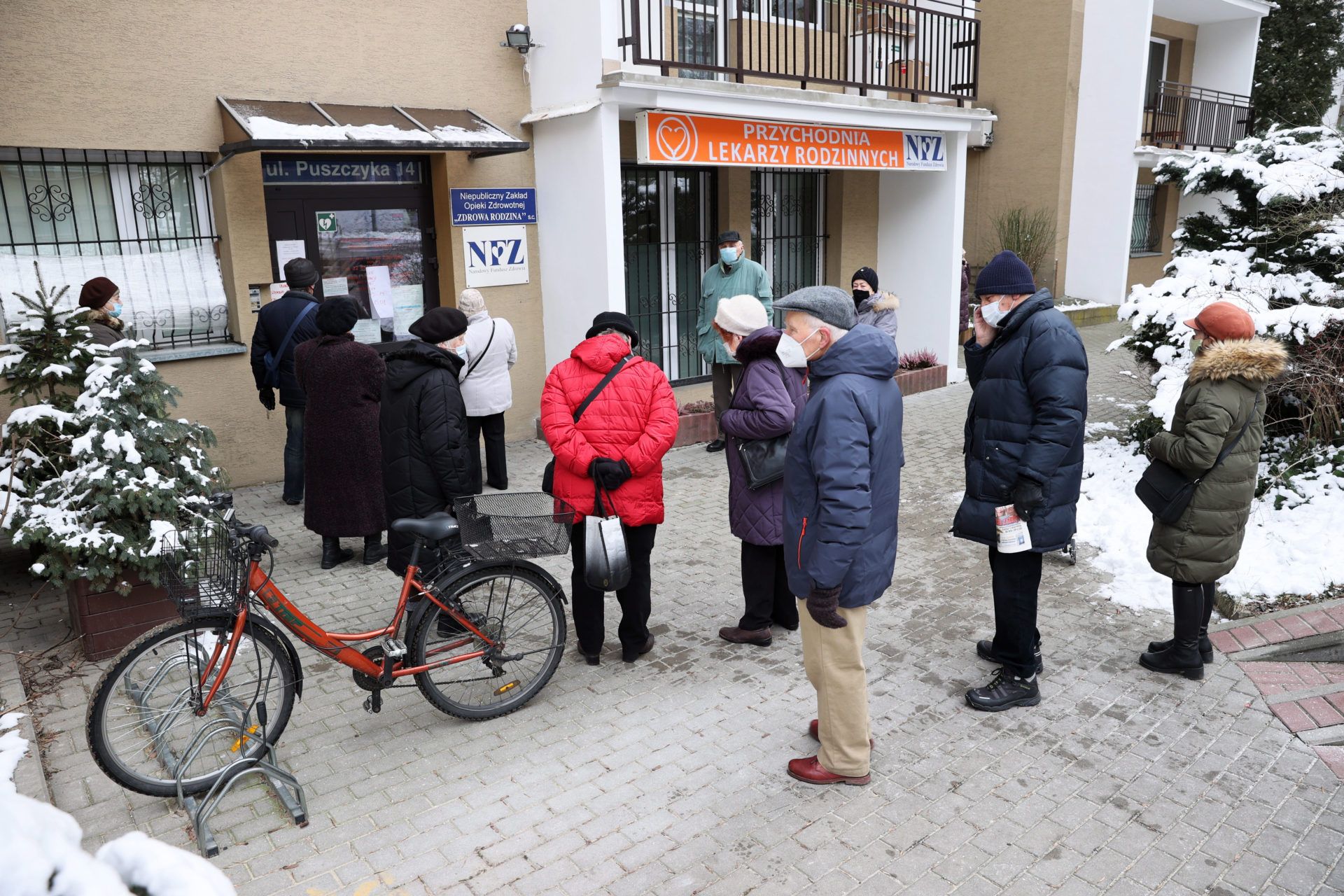
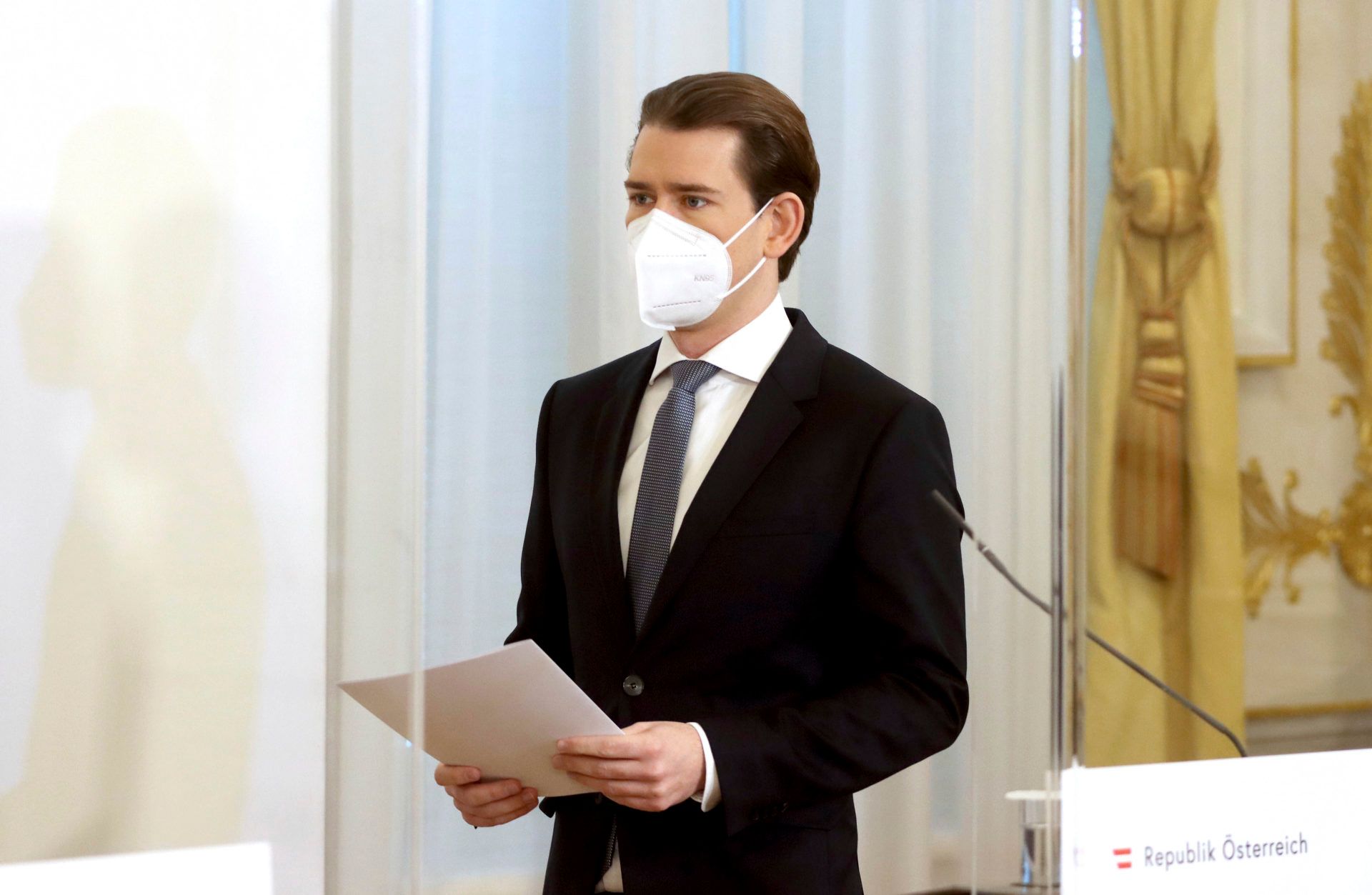
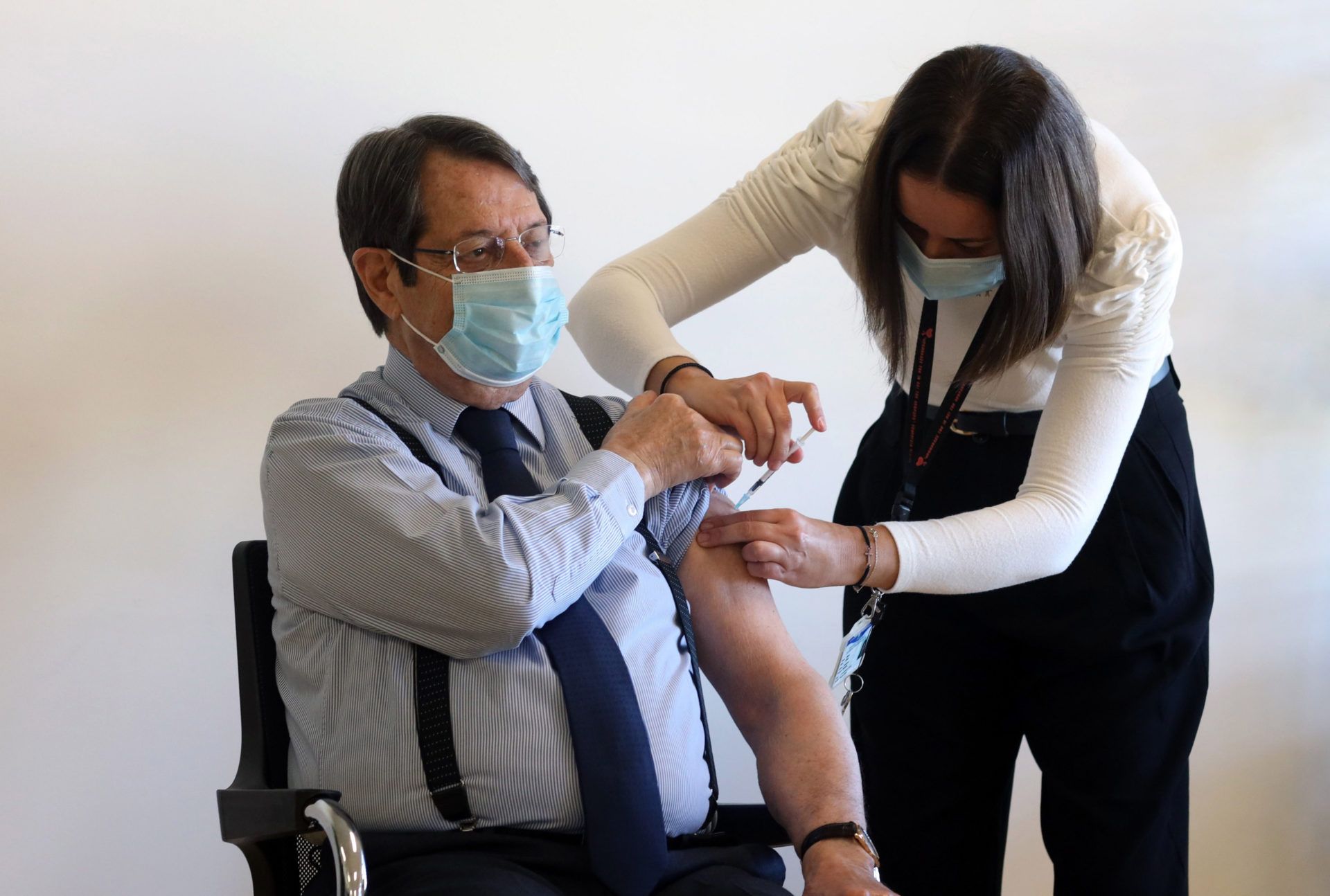
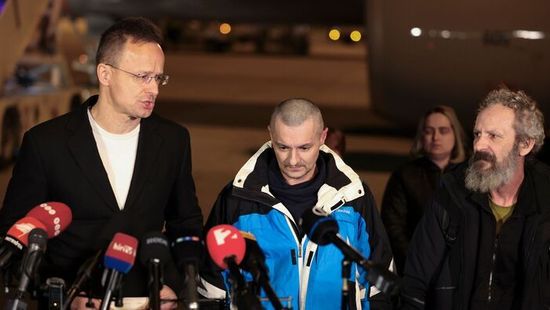
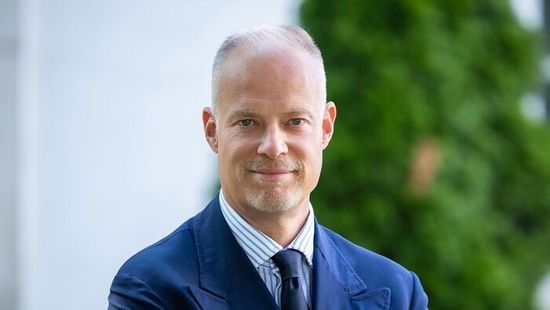
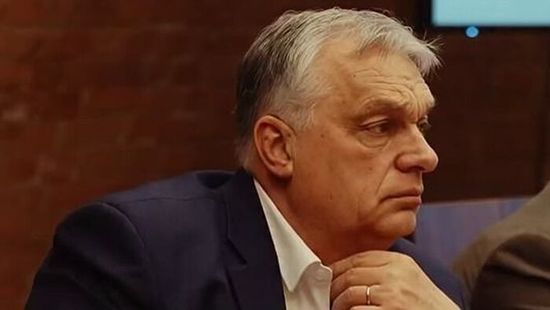
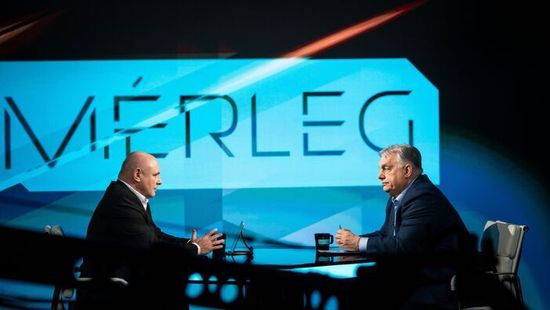

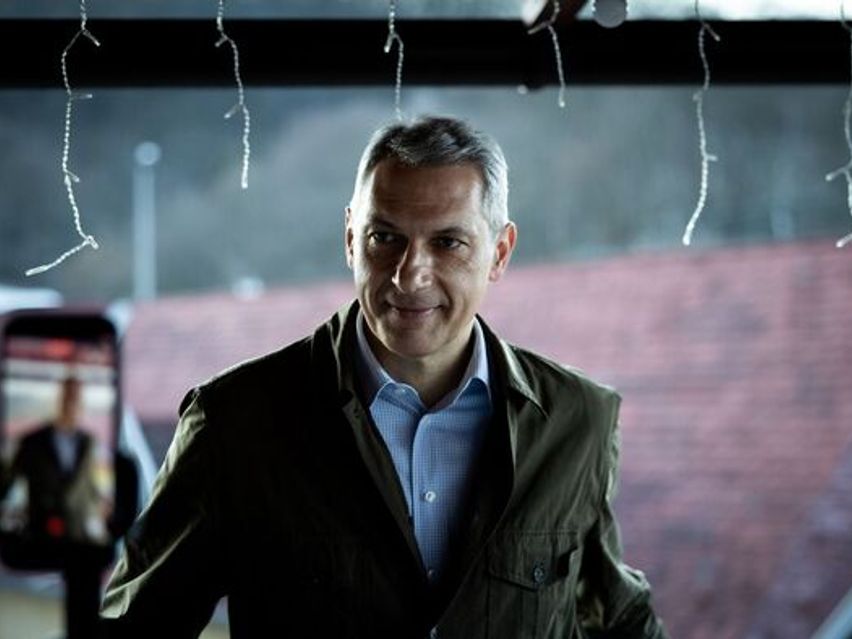
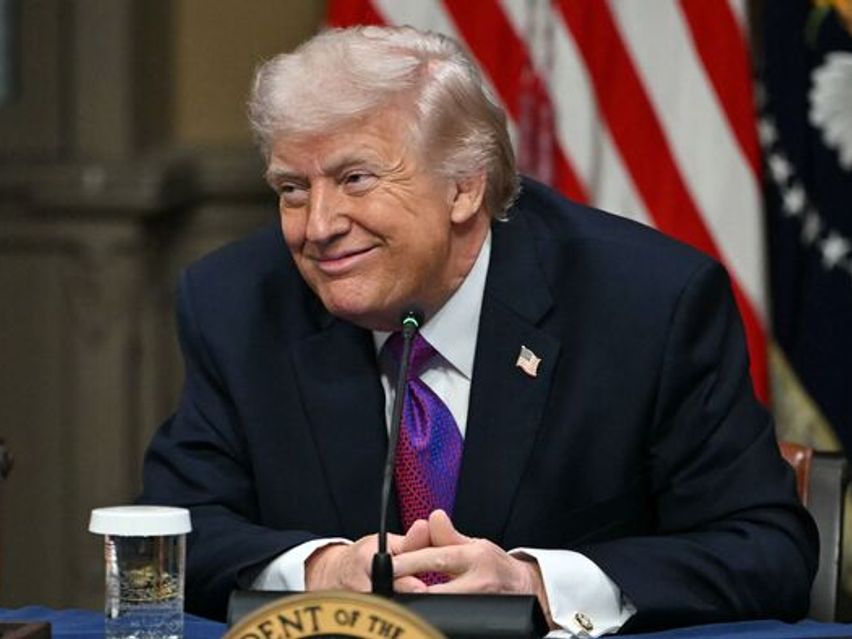
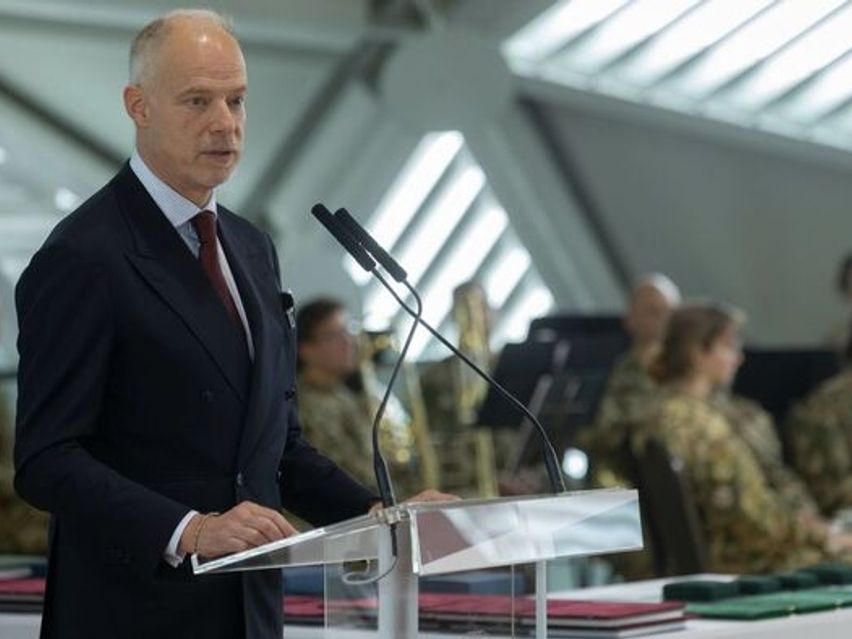
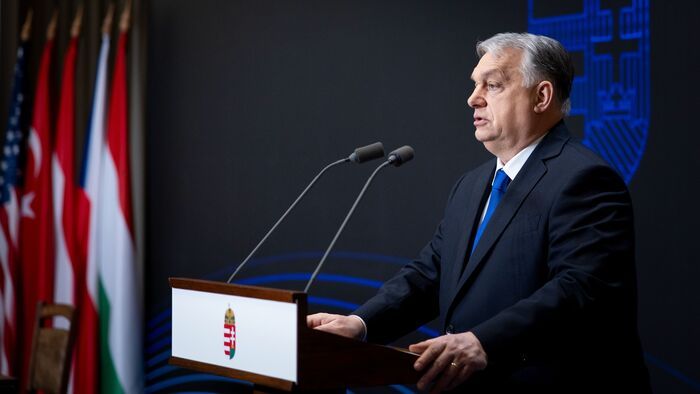

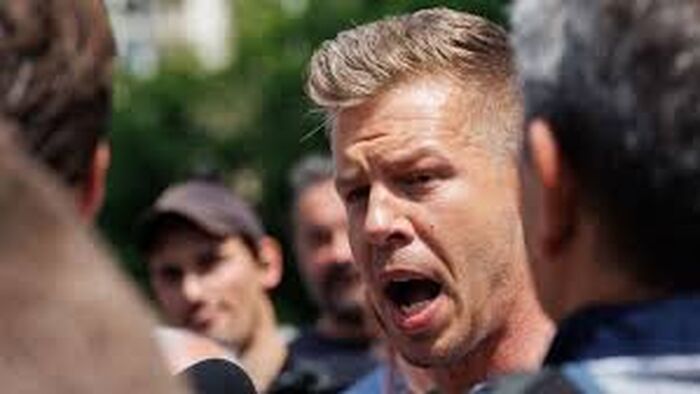
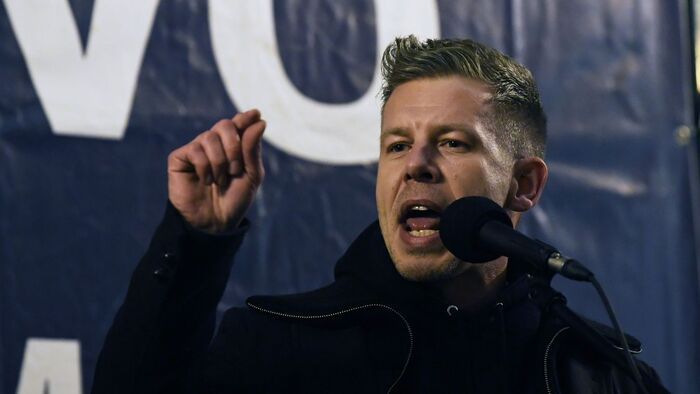
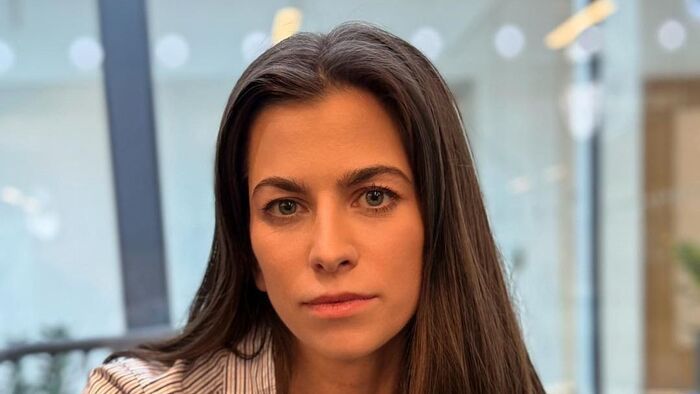
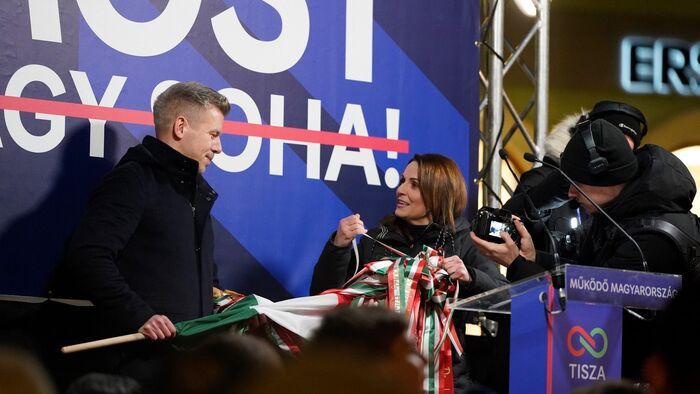
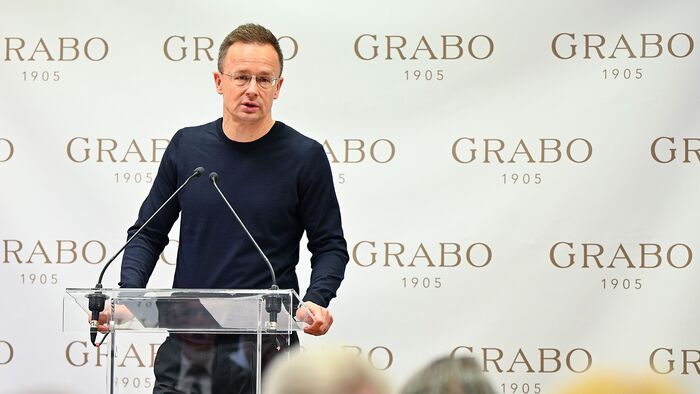
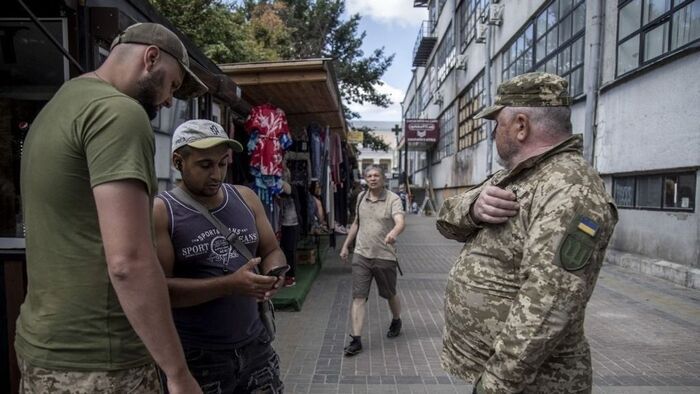
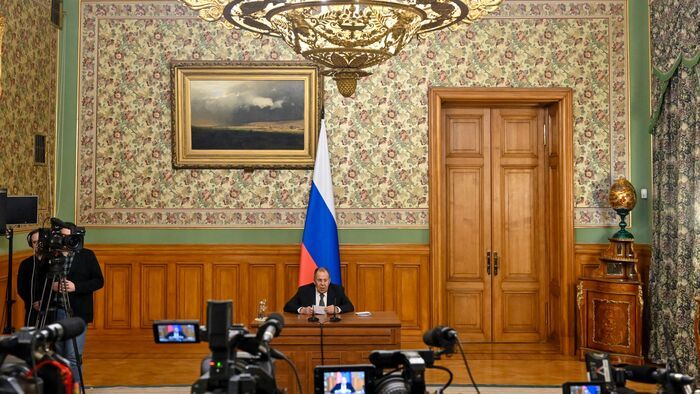


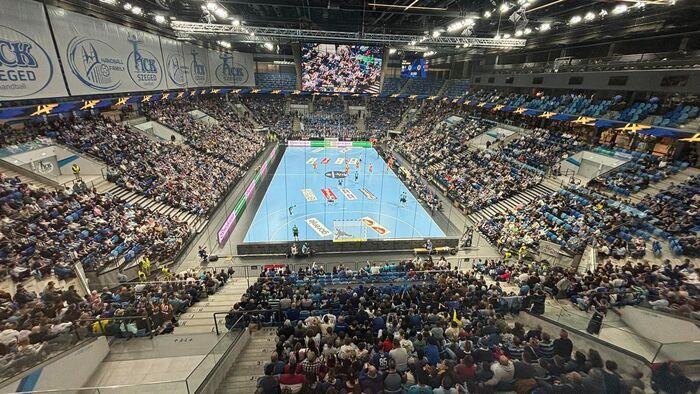
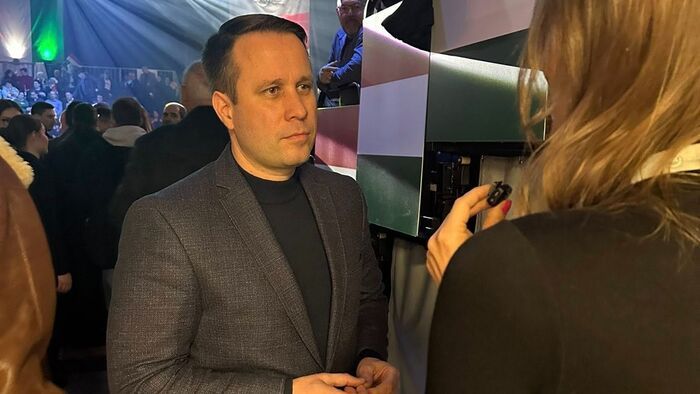

Szóljon hozzá!
Jelenleg csak a hozzászólások egy kis részét látja. Hozzászóláshoz és a további kommentek megtekintéséhez lépjen be, vagy regisztráljon!